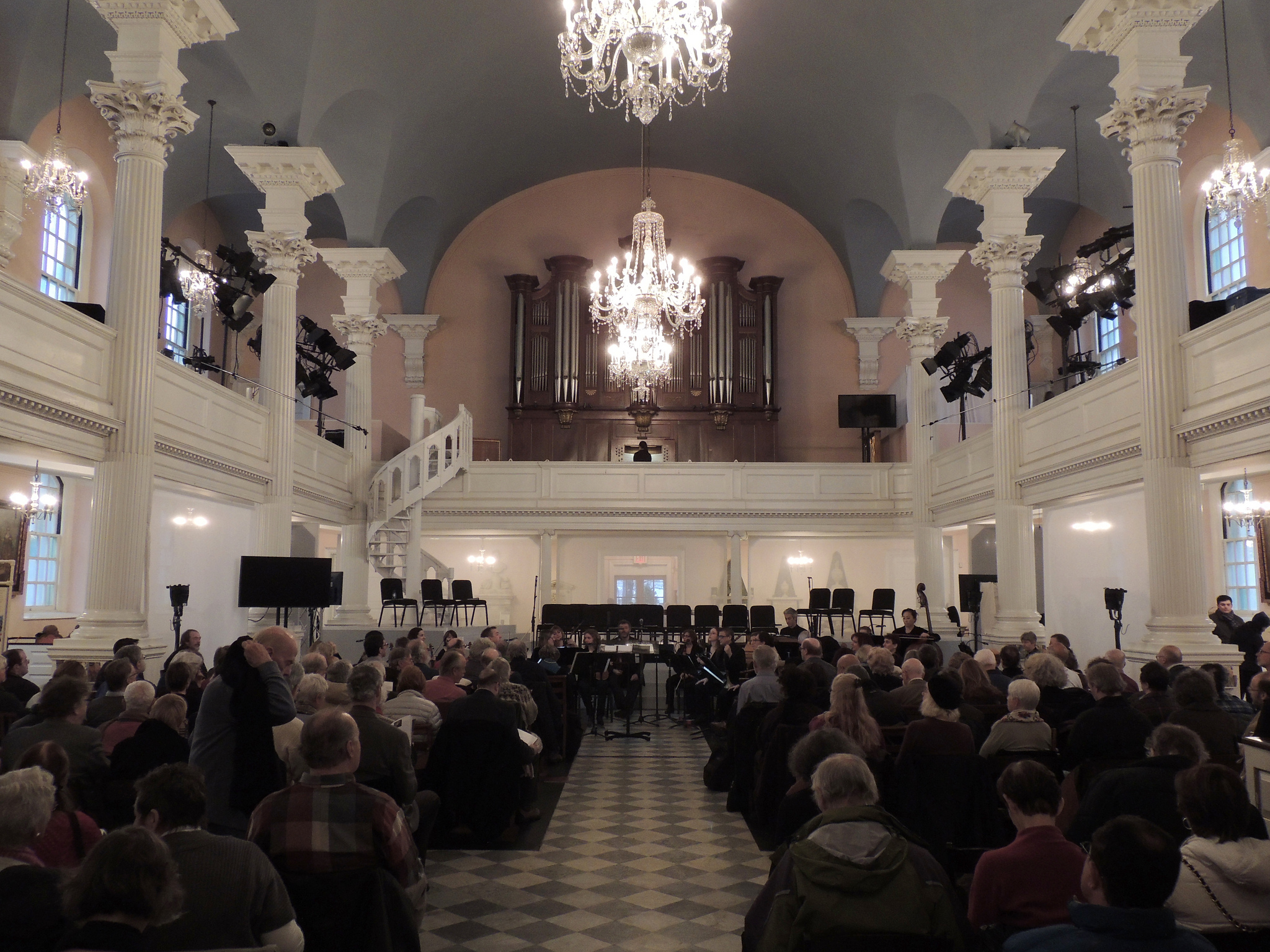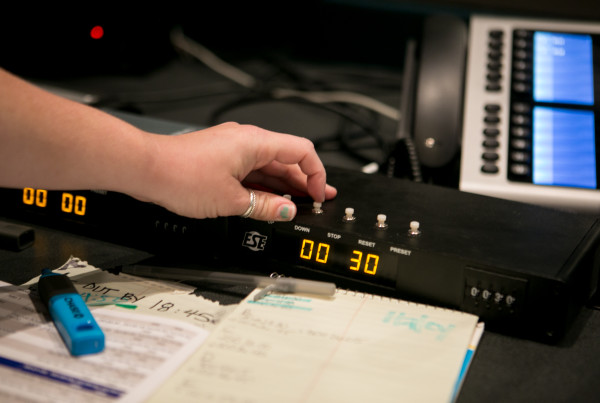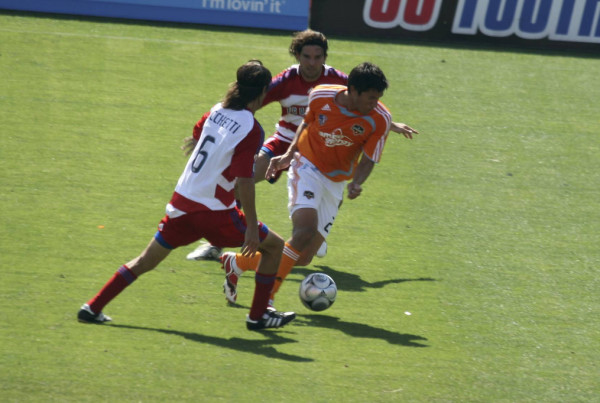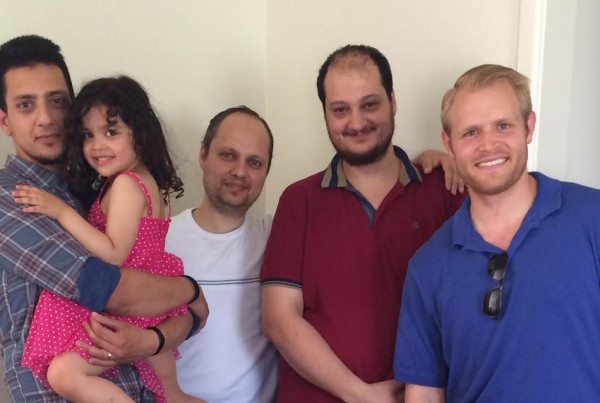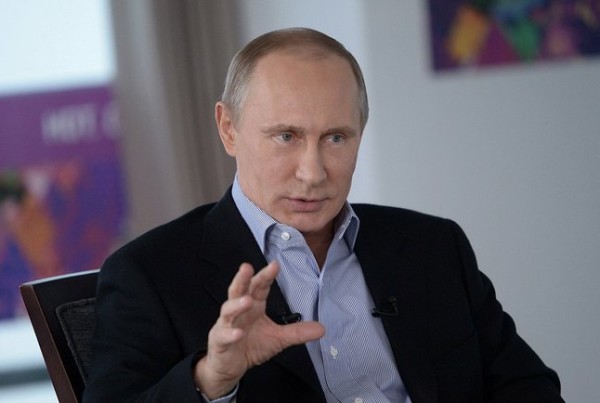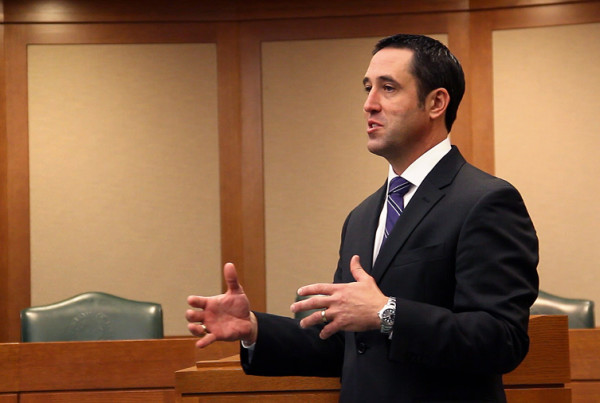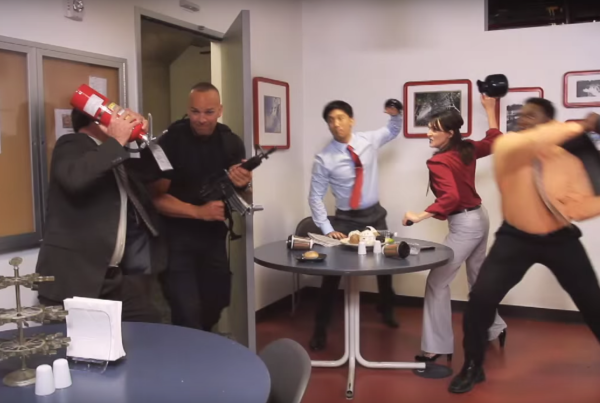Do you remember where you were the morning of September 11, 2001?
We talk a lot about how the trajectory of the nation turned in the months and years that followed. One of the many lives that took a turn that day was that of David Peters. He was a former Marine who reenlisted as an army chaplain after 9/11. Peters was attached to a combat unit on the ground in Iraq and then served as a chaplain at Walter Reed National Military Medical Center in New York.
Although he now works and lives in Austin and the surrounding area, on September 11, 2015 Father Peters will return to New York. He’ll be giving a sermon at St. Paul’s Chapel near ground zero.
Father Peters serves at Grace Episcopal Church in Georgetown. He also is getting a second degree at Seminary of the Southwest in Austin. He says his preaching professor sent out word that there was a competition call for sermons for the day of observance.
“I was serving as a chaplain at Camp Allen, our camp out in Navasota that week,” he says. “I thought, ‘Well, I’ve got some time to write,’ and I wrote it and sent it and was really honored to be able to be there for this community on this day.”
Peters says his sermon will include his own experiences with 9/11.
“It was an event that, the longer I lived, the more I realized how much it affected every aspect of my life,” he says. “Starting as a listed marine many years ago, I never thought I would actually ever serve in a war. When September 11th hit, everything changed in a way that I didn’t understand fully.”
So Peters says he enlisted. He served as a chaplain in Iraq to the military. He then served at Walter Reed in New York in the amputee and the psychiatric wards, where the most severely wounded patients from the Iraq war were being treated.
“During that time I was just profoundly affected by the stories coming out of New York City by the firefighters that would come and visit us, the police officers,” he says. “So that community – I felt a special bond with them even though my involvement with 9/11 was to go Iraq. How those events are linked – and also not linked – historically are always part of my ongoing struggle as a veteran to make sense of what happened to me in war.”
Peters says after the invasion of Iraq he felt that it was his responsibility, as someone who was never deployed during his time in the Marines – to go and “be part of giving spiritual care in that kind of environment where it would be needed the most.”
Peters’ upcoming sermon will focus on ‘reconciliation.’ Yet, how does he reconcile with himself that he was part of what is – in the arsenal of the United States – an instrument of war? He says it’s about “becoming reconciliation.”
“Even though I was a non-combatant in the war – I didn’t carry a weapon or anything – I was still part of that team,” Peter says. “As part of that, I realized that as I participated in the war, the war participated in me in very profound ways. When I came home I was very numb, very detached from life. I felt a great distance from the people that had sent me to war, from my nation, from my – even from my faith – and even from God, which I felt very close to before I want to Iraq.”
For him, reconciliation meant starting over in all those relationships.
“We often think of reconciliation as one big event,” he says. But it’s not about the big picture, he says, it’s about the smaller steps.
“Ultimately, reconciliation – especially for the veterans and those who’ve responded to the attacks on 9/11 – reconciliation starts with us. It starts with us ‘becoming reconciliation’ with the closest relationships in our lives. With our families, with our friends, with our communities and then building out from there. Hopefully someday we can build enough reconciliation up that we can even go across the ocean and continue that work of reconciling in place where war has damaged so lives and relationships.”


